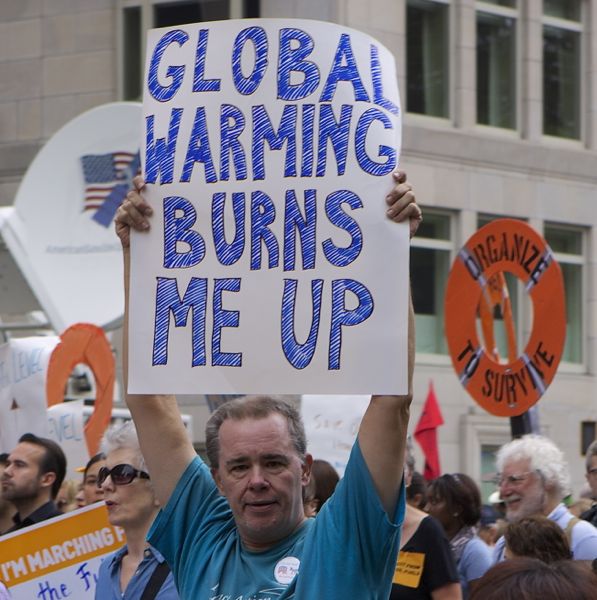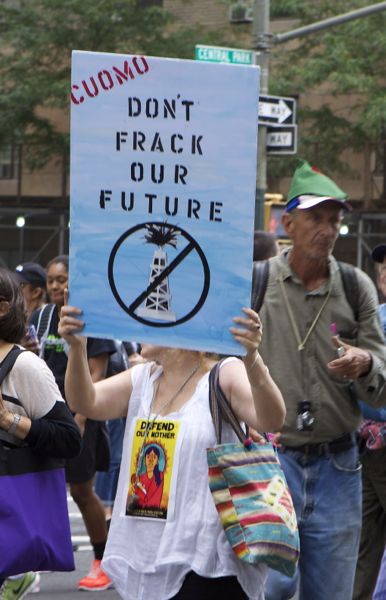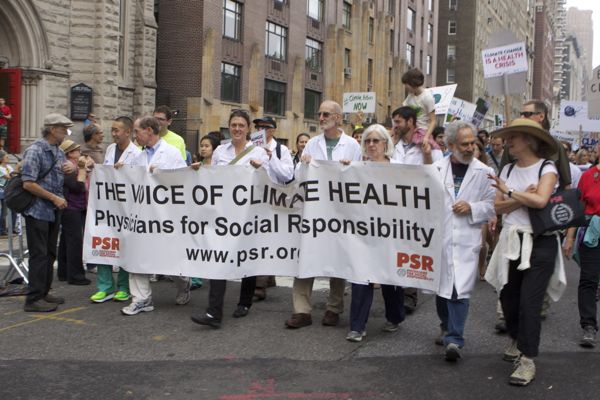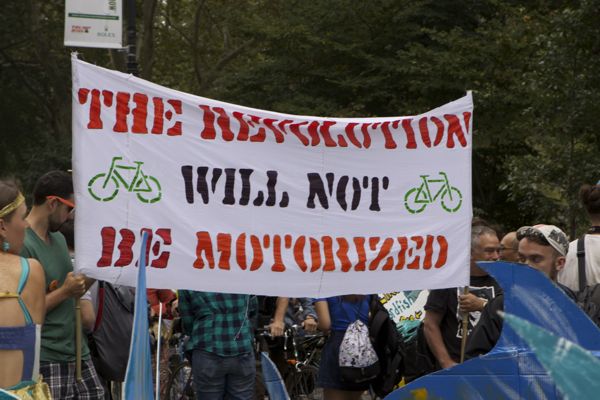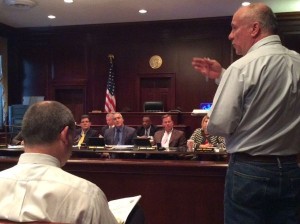Legislative Ethics Committee Investigation Of Assemblyman Fiocchi Raises Major Issues
How Far Can A Legislator Go To Intervene In Independent Regulatory Agency Decisions Before Violating Prohibitions On An Appearance Before A State Agency?
Decision Could Bar Stealth Corporate Interests From Asserting Political Pressure on Agencies
Fiocchi Letter To Editor Obfuscates and Smears Legitimate Critics of His Abuse of Power
[Update below]
The Joint Legislative Committee on Ethical Standards currently is reviewing an ethics complaint against 1st Legislative District (Cape May – Cumberland) Assemblyman Samuel L. Fiocchi filed by several south jersey residents (see:
The Committee just wrapped up a 10 day fact finding period on November 28.
The Committee’s investigation and review process is not fully transparent. Their policy & procedure provides a degree of confidentiality to the Legislator to rebut charges unilaterally and without public disclosure or the opportunity for the complainants to respond.
By letter of November 24, 2014, the Committee staff denied a request by complainants for Fiocchi’s replies, because this confidentiality assures due process without the matter “being tried in the press”.
So, needless to say, I was astounded by Fiocchi’s attempt to do just that in his Nov. 28 Letter to the Editor of the Press Of Atlantic City, in which he obfuscates the real issues at play and in the process attacks his critics while ironically confirming their very arguments.
Fiocchi smeared the citizens as “special interests”, while urging the Pinelands Commission to violate the law by basing its decisions on jobs and energy production, factors that they are not authorized to consider.
There are large principles at stake.
If anyone’s not paying attention, let me just remind them that we are on the verge of losing – if we haven’t already lost – our democracy, which has been purchased and corrupted by corporate money (see: Democracy Incorporated: Managed Democracy and the Specter of Inverted Totalitarianism
Wolin portrays a country where citizens are politically uninterested and submissive–and where elites are eager to keep them that way. At best the nation has become a “managed democracy” where the public is shepherded, not sovereign. At worst it is a place where corporate power no longer answers to state controls. Wolin makes clear that today’s America is in no way morally or politically comparable to totalitarian states like Nazi Germany, yet he warns that unchecked economic power risks verging on total power and has its own unnerving pathologies. Wolin examines the myths and myth-making that justify today’s politics, the quest for an ever-expanding economy, and the perverse attractions of an endless war on terror. He argues passionately that democracy’s best hope lies in citizens themselves learning anew to exercise power at the local level.
In my view, contrary to that of Assemblyman Fiocchi, citizens seeking to enforce the Constitutional separation of powers, preserve the integrity of independent regulatory bodies, uphold the rule of law, limit corporate power, and hold an elected official accountable can not be smeared as “special interests”.
Those citizens are noble and trying to save our democracy from corrupt corporate power.
So, let’s take a look at the issues at play, which I am surprised have not gotten more attention from the legal community and good government types seeking to reduce the role of money and corporate power in our democracy.
[*This excellent Report on California independent agencies and Commissions frames some of the administrative and legal issues:
In general, ex parte communications to California Coastal Commissioners are prohibited unless disclosed. The legislature added these provisions to the Coastal Act in 1993, requiring that the Commission conduct its business in a “…open, objective, and impartial manner free from undue influence and the abuse of power and authority” (Public Resources Code § 30320
Public Resources Code § 30322 define an ex parte communication with a California Coastal Commissioner as:
…any oral or written communication between a member of the Commission and an interested person, about a matter within the Commission’s jurisdiction, which does not occur in a public hearing, workshop, or other official proceeding, or on the official record of the proceeding on the matter.
The Commission’s jurisdiction is broadly defined for purposes of the prohibition in Public Resources Code § 30321, as:
…any permit action, federal consistency review, appeal, local coastal program, port master plan, public works plan, long-range development plan, categorical or other exclusions from coastal development permit requirements, or any other quasi-judicial matter requiring commission action, for which an application has been submitted to the commission.
An “interested person” for purposes of the prohibition on ex parte communications is defined as “any applicant, an agent or an employee of the applicant, or a person receiving consideration for representing the applicant, or a participant in a proceeding on any matter before the Commission.” An “interested person” also includes a person with a financial interest in a matter before the Commission and their agents as well as organizational representatives who intend to influence Commission decisions (Public Resources Code § 30323). ]
The implications of this complaint raise fundamental issues.
- Separation of Powers
It’s a tired cliche we learned in 7th grade civics class that our constitutional system of government establishes 3 independent branches – Legislative, Judicial, and Executive (see Federalist Papers #47) – with discrete powers and roles, governed by the doctrines of “checks and balances” and “separation of powers” and “rule of law”.
The accumulation of all powers, legislative, executive, and judiciary, in the same hands, whether of one, a few, or many, and whether hereditary, selfappointed, or elective, may justly be pronounced the very definition of tyranny
The Legislature makes the laws; the Executive implements the laws; and the Judiciary interprets the laws.
Decisions are based on laws, not men. Rule of law limits abuse of power and enables transparent and democratic government.
In practice, there are no bright line separating those powers, and in practice they become “blended powers”.
But that reality does not mean that no lines exist and that independence and integrity and rule of law are not key principles that still operate.
In our case, the Legislature enacted the Pinelands Protection Act in 1979. The Act created the Pinelands Commission as an independent regulatory body, with quasi-judical powers.
The Act delegated certain powers to the Commission, but limited those powers and narrowed the Commission’s discretion by specifying purposes, goals, objectives, and standards upon which the Commission may act, and by requiring that the Commission publicly adopt a Comprehensive Management Plan upon which they are required to base case-by-case decisions, like the South Jersey Gas pipeline application.
The Act does not, as Assemblyman Fiocchi asserts, authorize the Pinelands Commission to create jobs or promote energy:
good-paying jobs and economic development. In addition, the pipeline will provide a safe and clean energy source for more than 100,000 residents in the southern part of the state.
Fiochi is a member of the Assembly Regulatory Oversight Committee. That Committee would be the proper forum for him to exercise his legislative powers and express his concerns about the Pinelands Commission’s review.
It is NOT appropriate for Fiocchi to be abusing those powers by lobbying – i.e. attempting “to influence government process” – the Pinelands Commission during the pendency of a matter before both the Commission and the Courts (i.e. SJG has filed a legal appeal and the case is before the Appellate Division and could be remanded back to the Commission at any time).
By way of analogy, we all would agree that it would be improper for Fiocchi to contact a judge or member of a jury or even a prosecutor on behalf of a defendant during a criminal trial. Judicial independence and separation of powers would be undermined.
The Pinelands Commission is no different in this regard.
In a move to enforce the separation of powers doctrine and prevent this kind of abuse of power, the NJ Legislature, among other things, passed an ethics law which flat out prohibits Legislators from representing private corporations before State Agencies.
According to NJSA 52:13D-16 ,which states:-
b. No State officer or employee or member of the Legislature, … shall represent, appear for, or negotiate on behalf of, or agree to represent, appear for, or negotiate on behalf of, any person or party other than the State in connection with any cause, proceeding, application or other matter pending before any State agency.
The Committee must determine if the Assemblyman’s actions constituted a prohibited “representation” or “appearance” – on behalf of South Jersey Gas or Rockland Capital or even a labor Union – before the Pinelands Commission regarding the pipeline application, a matter that was “pending before a State agency“.
We think Fiocchi violated this prohibition. His letter to the Pinelands Commission, which names South Jersey Gas and Rockland Capital (owner of BL England plant), is effectively a form of “representation” of their interests and constitutes a prohibited “appearance” before the Pinelands Commission, a State Agency.
We are not idling & hypothetically speculating with respect to this concern.
I can speak from personal experience that Legislators in NJ have been known to abuse their powers by intervening in regulatory matters before State agencies. I spent 13 years at DEP, including several years at the Office of Legislative and Inter-Governmental Affairs which dealt with legislative inquiries, and saw this many times.
In fact, there were recent criminal indictments for doing just that at DEP regulatory approvals – tis is the context, remember this:
TRENTON—Former New Jersey Assemblyman Daniel M. Van Pelt was indicted today in connection with Van Pelt’s acceptance of a corrupt $10,000 cash payment made in exchange for Van Pelt’s official assistance on real estate development matters before the State of New Jersey and Ocean Township, U.S. Attorney Paul J. Fishman announced.
The Indictment charges that Van Pelt, while a member of the New Jersey General Assembly and its Committee on the Environment and Solid Waste, accepted $10,000 in cash from a government cooperating witness (CW), in exchange for the promise of helping the CW obtain development approvals from New Jersey’s Department of Environmental Protection, among other things.
While the complainants are not alleging criminal wrongdoing, a Legislator need not take a bribe to step over the lines under NJ ethics laws.
Those laws are based on an “appearance” standard.
According to NJSA 52:13D-12, the Legislature finds and declares:
(a) In our representative form of government, it is essential that the conduct of public officials and employees shall hold the respect and confidence of the people. Public officials must, therefore, avoid conduct which is in violation of their public trust or which creates a justifiable impression among the public that such trust is being violated.
Fiocchi has an affirmative duty to “avoid conduct”. In addition to breaching that duty, we think Fiocchi’s actions created a “justifiable impression” that the public trust was being violated.
- Due Process & the Independence of Quasi-Judicial Regulatory Bodies
The Pinelands Commission is an independent regulatory agency in the Exectuive Branch. The Legislature delegated rule making and quasi-judicial powers to the Commission.
The Commission’s rule making powers are expressed in the Comprehensive Management Plan, while individual applications for development approvals like the South Jersey Gas pipeline are reviewed and decided as quasi-judicial matters.
Fiocchi’s heavy handed attempt to use his legislative office to pressure the Commission to consider what are know as “ultra vires” (beyond the law) factors like jobs and economic development was totally violative of the independence of the Pinelands Commission. Fiocchi did so in a “ex parte” fashion, another no-no.
* Background: Ex parte communications between interested parties and agency decisionmakers have long been controversial because they raise the possibility, or at least the appearance, of undue influence and parallel nonpublic dockets in administrative decisionmaking. In informal rulemaking conducted under Section 553 of the Administrative Procedure Act (APA), however, ex parte communications are permitted so long as agencies act to preserve transparency, ensure due process of law, and develop an administrative record adequate for judicial review.
- Prohibition on Representing Corporations Before State Agencies
The law prohibits legislators from representing private for profit interests before State agencies.
Fiocchi names South Jersey Gas and Rockland Capital (owner of BL England plant) in his letter to the Commission.
That letter constitutes a form of prohibited representation.
- Inverted Democracy and Abuse of Power
The model of representative democracy we learned in school has the citizen as sovereign and the legislator as his representative.
Legislators are supposed to listen to the concerns of their constituents and act as their advocates in Trenton, in the Legislature.
Fiocchi stood that relationship on its head, and used his power to manufacture a faux grassroots citizens campaign on behalf of powerful corporate interests.
That is an abuse of power and unethical.
- Ethics – The Appearance Standard
No further discussion required – we think this stinks out loud.
- Finding of Probable Cause to Conduct a Full Investigation
At their prior meeting, the Committee rejected staff’s finding that no probable cause exists to justify further investigation and his recommendation that the complaint be dismissed.
At this point in time, the Committee is finding facts necessary to determine if probable caused exists of an ethics violation in order to justify an in depth investigation.
We think we’ve more than met the probable cause standard in our complaint and followup communications.
We will keep you posted on the next steps.
* denotes updated material
[Update: 12/7/14 – NY Times has a superb investigative story on energy industry corruption of State governments, see: Energy Firms in Secretive Alliance With Attorneys General
This is exactly what we are accusing Fiocchi of doing – and there’s even a letter to EPA use as an example:
“When you use a public office, pretty shamelessly, to vouch for a private party with substantial financial interest without the disclosure of the true authorship, that is a dangerous practice,” said David B. Frohnmayer, a Republican who served a decade as attorney general in Oregon. “The puppeteer behind the stage is pulling strings, and you can’t see. I don’t like that. And when it is exposed, it makes you feel used.” ~~ end update]


